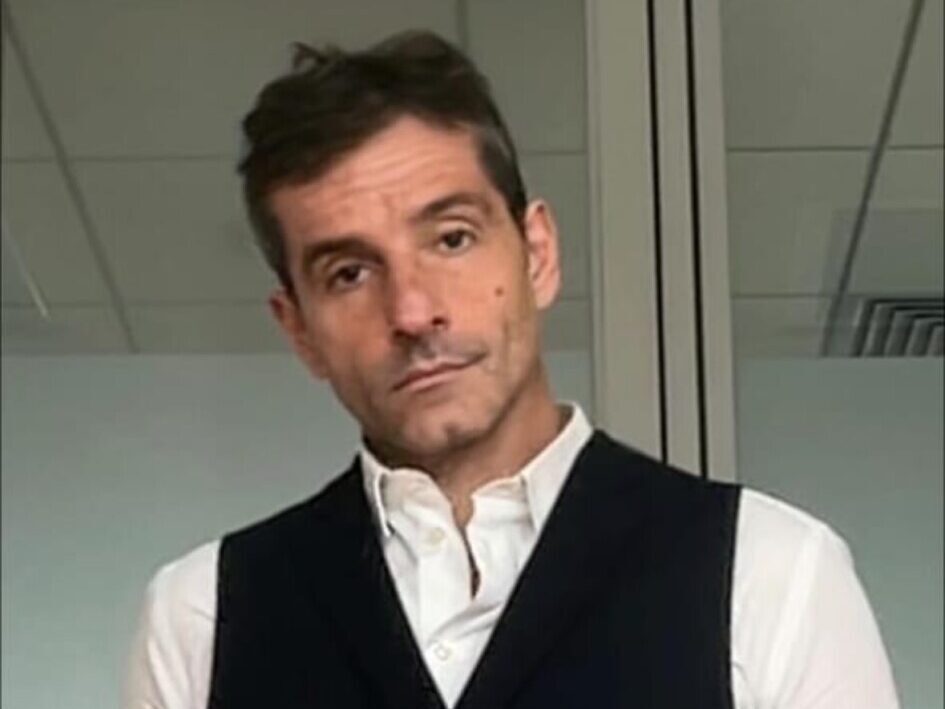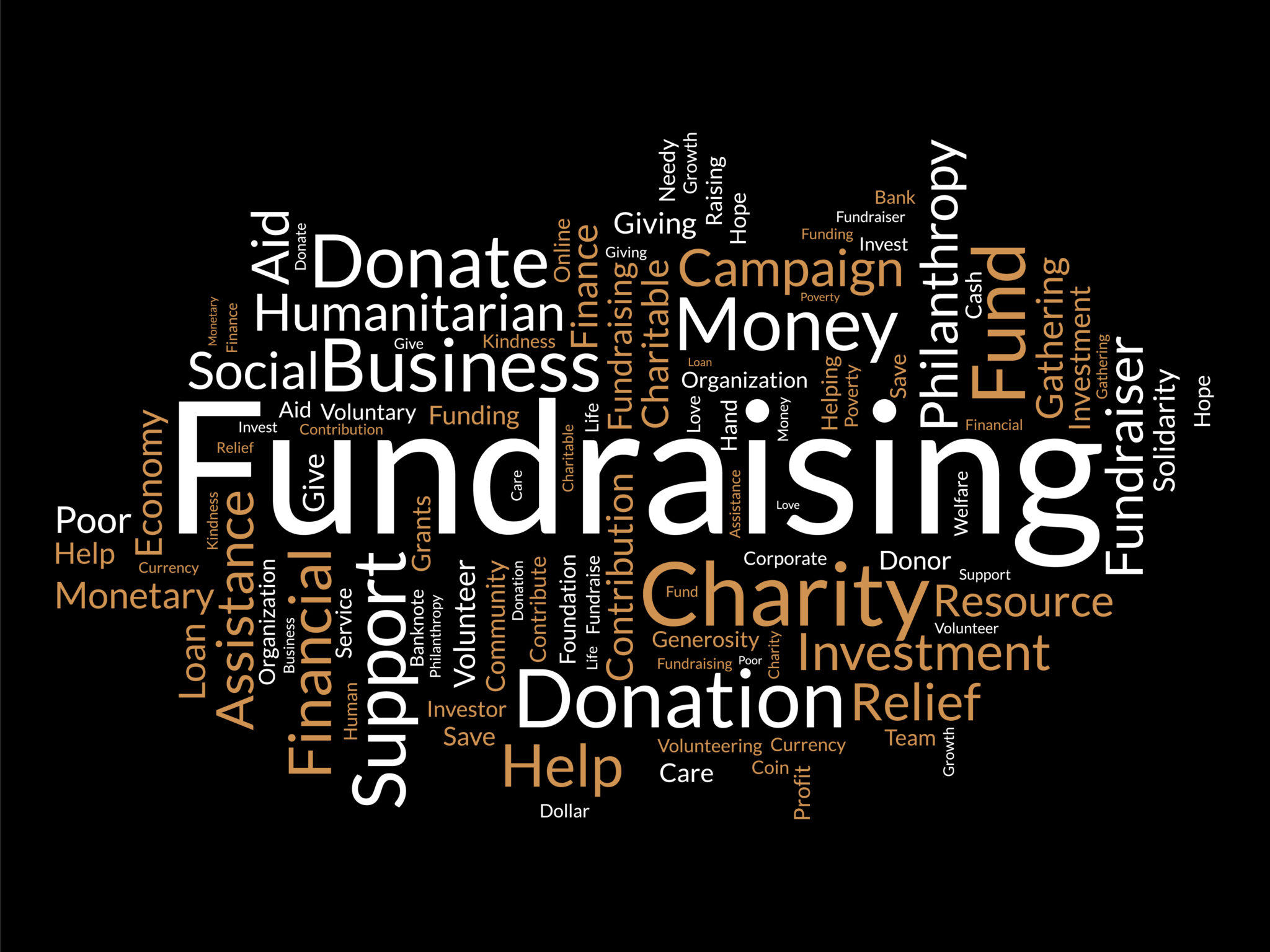25. September 2024
Shaping Ethics in Global Trade: Insights into International Business Law and Anti-Corruption

Leonardo Borlini is Associate Professor of International Law at the Centre for Applied Research on International Markets, Banking, Finance and Regulation at the Institute of European Policy, Department of Legal Studies, Bocconi University in Milan. He is also Lead Expert for the United Nations Development Program (UNDP)’s Global Programme, Governance for People and Planet (G4PP) on Compliance and Effectiveness of Global Anti-Corruption Measures, Norms, and Standards. We asked him about the future outlook for the compliance function and his key message at the Integrity Europe Conference, Nov 7/8, 2024.

What is your main area of interest in the field of international business law / anti-corruption?
My research in international economic law and anti-corruption focuses on two key areas: First, international trade law, emphasizing the effects of economic statecraft, sanctions, and countermeasures on business operations. Secondly, international cooperation against corruption and economic crimes, including money laundering, terrorist financing, WMD proliferation, and wildlife crime. These interconnected fields offer fertile ground for research and policy analysis aimed at fostering a more stable, transparent, and ethical global business environment. They present complex challenges and opportunities for improving international governance and corporate practices. There are some critical considerations to be made too. But I am referring to them in my other responses to your question.
How did you come to be involved in this field of interest?
My interest in this field originated during the final stages of my undergraduate education and has gradually intensified over time. This growing passion has been fuelled by the diverse professional experiences I have undertaken, both in the private sector and through my service with various international organizations. These varied roles have provided me with valuable insights and a deep appreciation for the complex interplay between business, international trade and investment law, and the international fight against crimes.
What are the most challenging issues for compliance functions in the near future?
This is a very complex question. The world is indeed facing a «polycrisis,» as aptly described by Adam Tooze. Governments worldwide are grappling with a complex web of interconnected challenges, including climate change, biodiversity loss, growing wealth inequality, unstable financial markets, and a severe shortage of affordable housing. These interlocked crises are further compounded by the undeniable struggles of multilateralism, particularly in the economic sphere, and the increasing dynamics of strategic manipulation of trade, investment, technology, and economic interdependence.
In my view, international relations are likely to reorganize around two, or at most, three new poles, which will cascade into multiple challenges for businesses operating internationally. Compliance will increasingly focus on two main areas. First, issues related to so-called unilateral sanctions and trade countermeasures. Second, obligations relating to sustainable development and human rights due diligence.
As the global landscape continues to shift and evolve, companies will need to navigate an increasingly complex regulatory environment while also addressing the growing expectations of stakeholders regarding their social and environmental impact.
Adapting to this new reality will require a proactive and multifaceted approach to compliance, one that takes into account the changing geopolitical dynamics and the increasing relevance of sustainability and human rights in international business.
A substantial risk that I already see emerging, particularly in the uncritical positions of some scholars and activists in the field of human rights, for example, regarding the new EU corporate sustainability due diligence directive, is that the overall effect of the new regulatory measures may be perverse. Instead of effectively improving «ethics for business», these measures could create a new «business of ethics.»
This phenomenon has already occurred in some European countries with anti-corruption laws and related compliance measures in the first decade of the millennium. The unintended consequence was the development of a new industry focused on managing compliance rather than genuinely fostering ethical behavior in the business world.
What is the key message you want to deliver at the Integrity Europe 2024?
As we navigate the complex challenges of the «polycrisis,» it is crucial that regulatory efforts aimed at promoting sustainable development and human rights in international business are carefully designed and implemented. The goal should be to encourage meaningful change in corporate behavior and culture, rather than merely creating a new layer of bureaucracy and compliance requirements that may ultimately fail to address the underlying issues.
To achieve this, policymakers, businesses, scholars and civil society must work to develop a nuanced and pragmatic approach that balances the need for effective regulation with the recognition of the practical challenges and potential unintended consequences of overly prescriptive or burdensome measures.
That the very regulatory instruments at issue are themselves elements of systemic competition between states cannot be underestimated. This does not diminish their importance; rather, it requires greater awareness and, I believe, a more critical approach is needed from all those who study them or are called upon to facilitate their implementation.
The point is quite simple to explain: Each of us is also a more or less conscious bearer of individual professional interests. For example, those involved in compliance cannot help but be satisfied to see the area of services they can offer expanded. Similarly, academics who deal with human rights will eagerly dive into the analysis of new international instruments, (and too many have already done so without noticeably contributing to the understanding of the related problems).
Problems arise when these legitimate individual interests are not accompanied by a critical vision of the overall picture and end up being, as I have already mentioned, an expression of a new «business of ethics.» Given the severity of the crises we face and their impact on economic activities and society, I do not believe that the saturation times are long. The mediocrity of the responses may not be forgivable.
We are delighted to welcome Leonardo Borlini as speaker at the Integrity Europe Conference 2024. We look forward to critical discussions on the character and spirit of current regulations and challenges in their implementation.
Vita
Leonardo Borlini the Lead Expert for the United Nations Development Program (UNDP)’s Global Programme, Governance for People and Planet (G4PP) –Compliance and effectiveness of global anti-corruption measures, norms, and standards, and, since 2023, an External Ethics Advisor to the Ethics Committee of the Boards of Directors of the African Development Bank Group. At Bocconi, he is a Faculty Member of the Ph.D. in Legal Studies, a Fellow at BAFFI CAREFIN (Centre for Applied Research on International Markets, Banking, Finance, and Regulation), a Fellow at the Institute for European Policymaking (IEP), and a member of the Bocconi Covid Crisis Lab.



Kommentare
0 Kommentare
Danke für Ihren Kommentar, wir prüfen dies gerne.